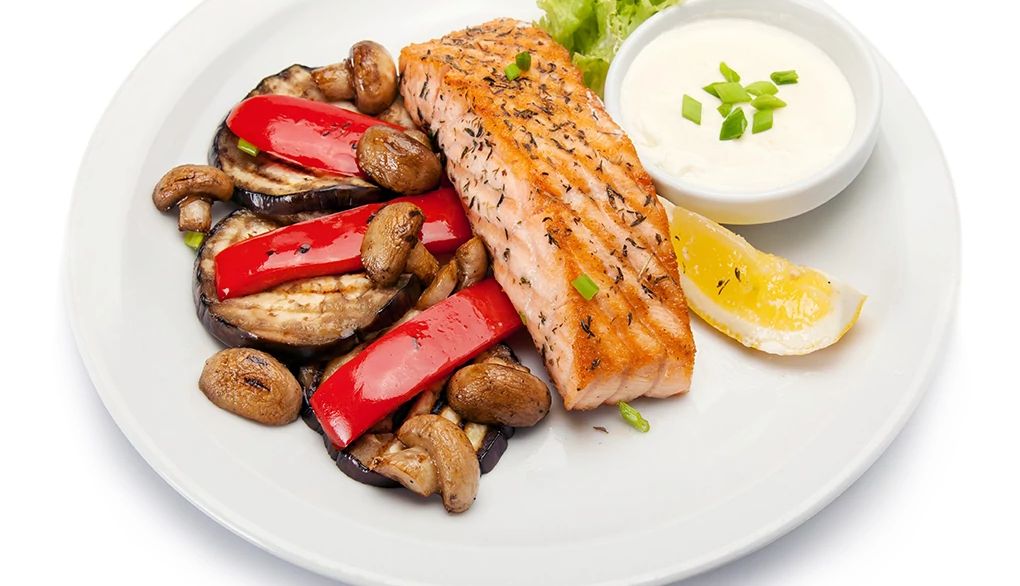Challenges


When it comes to keeping your mind alert and your thinking clear as you age, the vitamins and nutrients you put in your body are crucial. B vitamins and omega-3 fatty acids are two groups in particular that may help the brain continue to function at its best as the years roll on. Running low on these nutrients can lead to brain fog and poor memory.
But before you reach for a bottle of supplements to try to make up for any potential deficit, consider this: There’s more scientific evidence to back up the health benefits of vitamins and nutrients that come from food than those that come from pills. In fact, AARP’s Global Council on Brain Health (GCBH), an independent collaborative of scientists, health professionals, scholars and policy experts, reviewed the evidence for the brain health benefits of some 20 vitamins, minerals and other nutrients taken in supplement form and found insufficient evidence to support taking any of them for brain health.
Foods that contain nutrients such as B vitamins and omega-3s bring a bounty of health benefits to the brain. That’s why, in general, the GCBH considers food the best source of essential nutrients and does not recommend any supplements for brain health.
The benefits of Bs
B vitamins, studies show, play a key role in almost all the interactions between your cells. And some studies show that many people are running on suboptimal levels of B, which can lead to poor brain function.
“B12 deficiency, in particular, can cause dementia,” says J. David Spence, M.D., professor emeritus of neurology and clinical pharmacology at Western University in London, Ontario. “Low levels of B12 and folic acid [another B vitamin] raise levels of homocysteine, which increases the risk of stroke, which also increases the risk of dementia.” Homocysteine is an amino acid the body produces.
Older adults who had the highest dietary intake of six types of B vitamins (B1, B2, niacin, B6, folate and B12) had better cognitive function than those whose diets had the least in a study of 2,716 adults age 60 and older published in Nutrition in 2025.
With only a few exceptions, most people can get all the B vitamins they need from a healthy and varied diet, with no need for supplements. Manufacturers often add B vitamins to whole grain breads and cereals. You can also get these nutrients from fruits, vegetables (especially leafy green ones, like spinach and kale) and beans. B12 is the only one you won’t find in these plant-based foods, so some people may need that in another form.
For example, “if someone eats a vegan diet, doctors may suggest a B12 supplement,” says Uma Naidoo, M.D., a nutritional psychiatrist and director of nutritional & lifestyle psychiatry at Massachusetts General Hospital. However, vegetarians who eat eggs and dairy can still get plenty of B12. Fish, poultry and fortified cereals and nutritional yeast are good sources, too.














More From Staying Sharp
Beware of High-Calorie Alcoholic Drinks
You may be surprised how many calories are in that cocktail or pint
Can Huperzine A Protect the Brain?
Find out what research says about huperzine A's impact on memory and cognitive function
Top Nutrients for a Healthier Brain
Find out which nutrients are key to healthy brain function and how to incorporate them